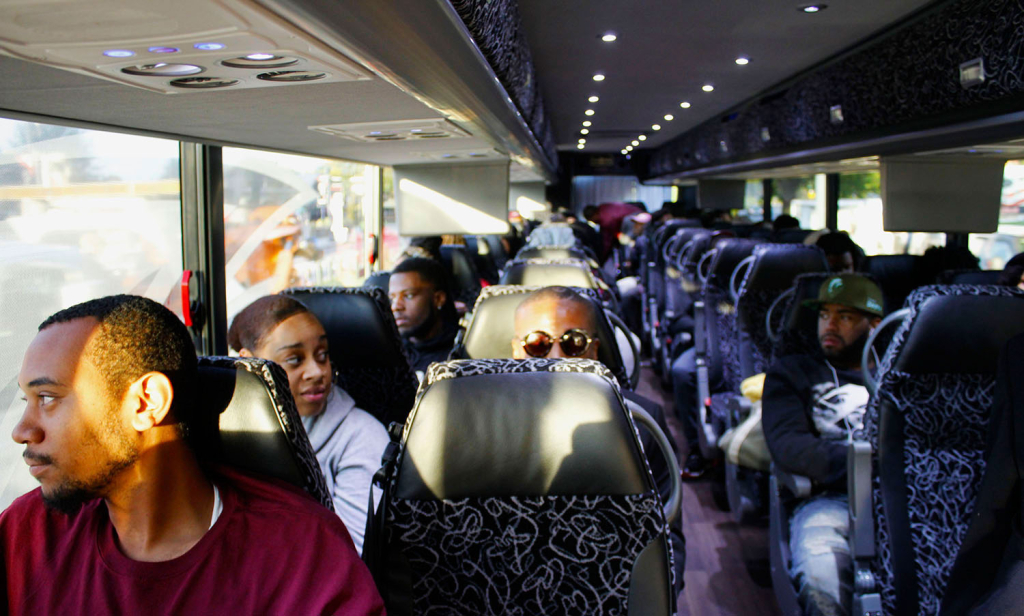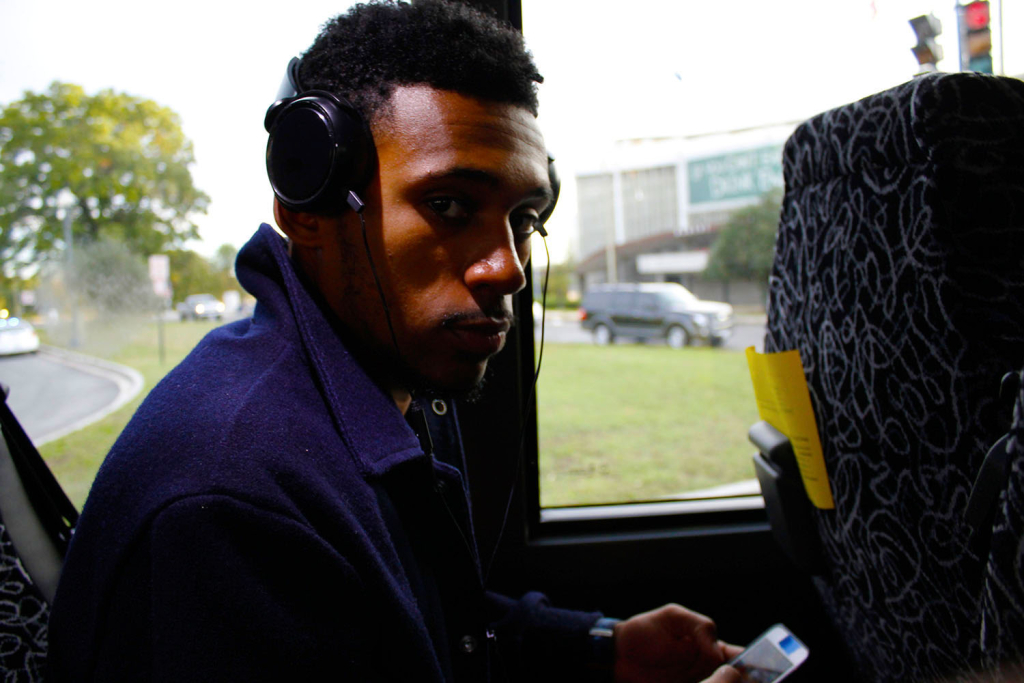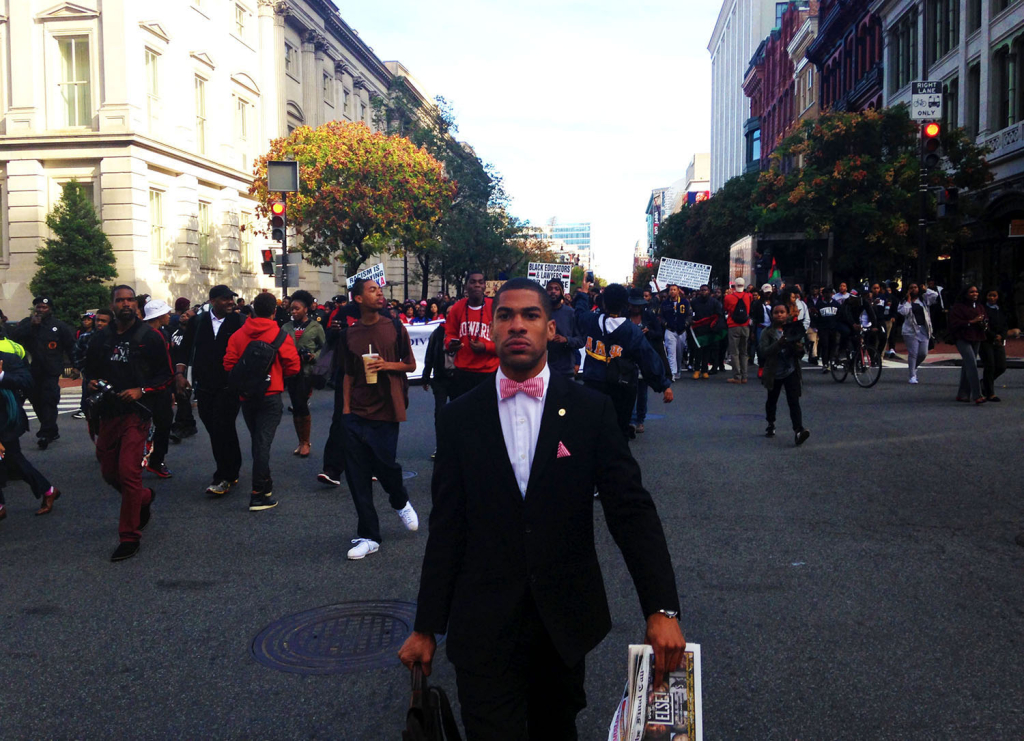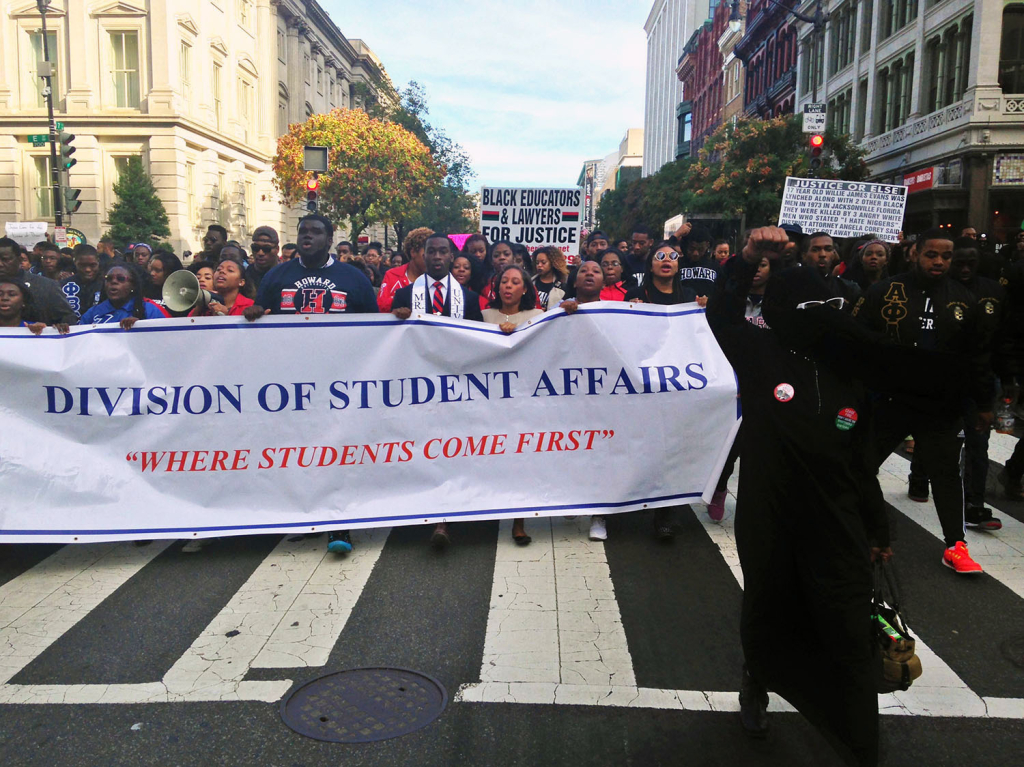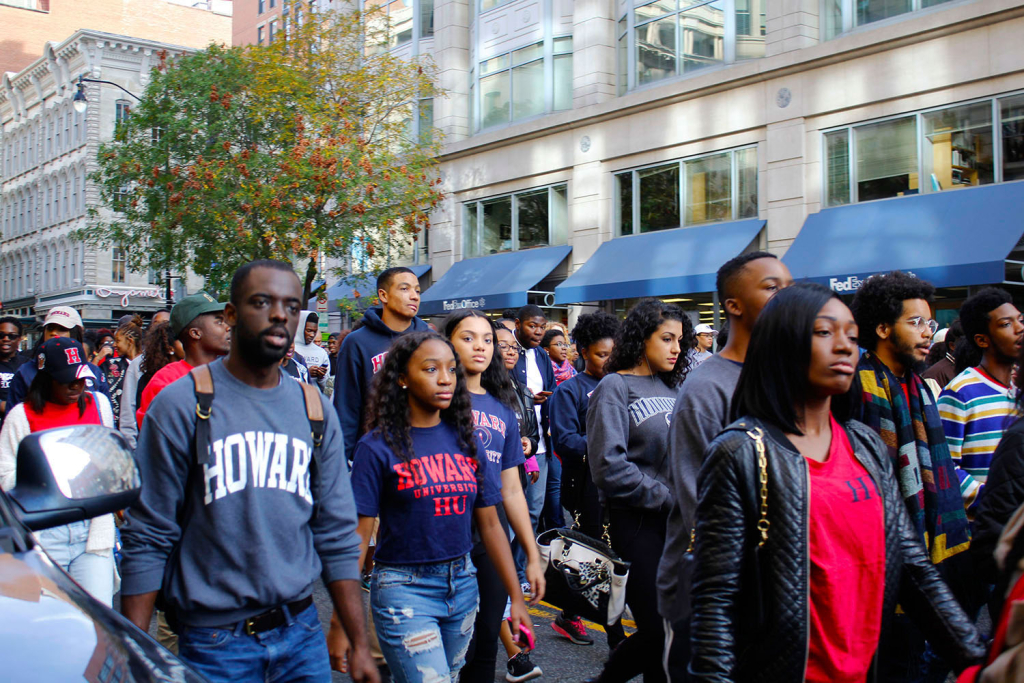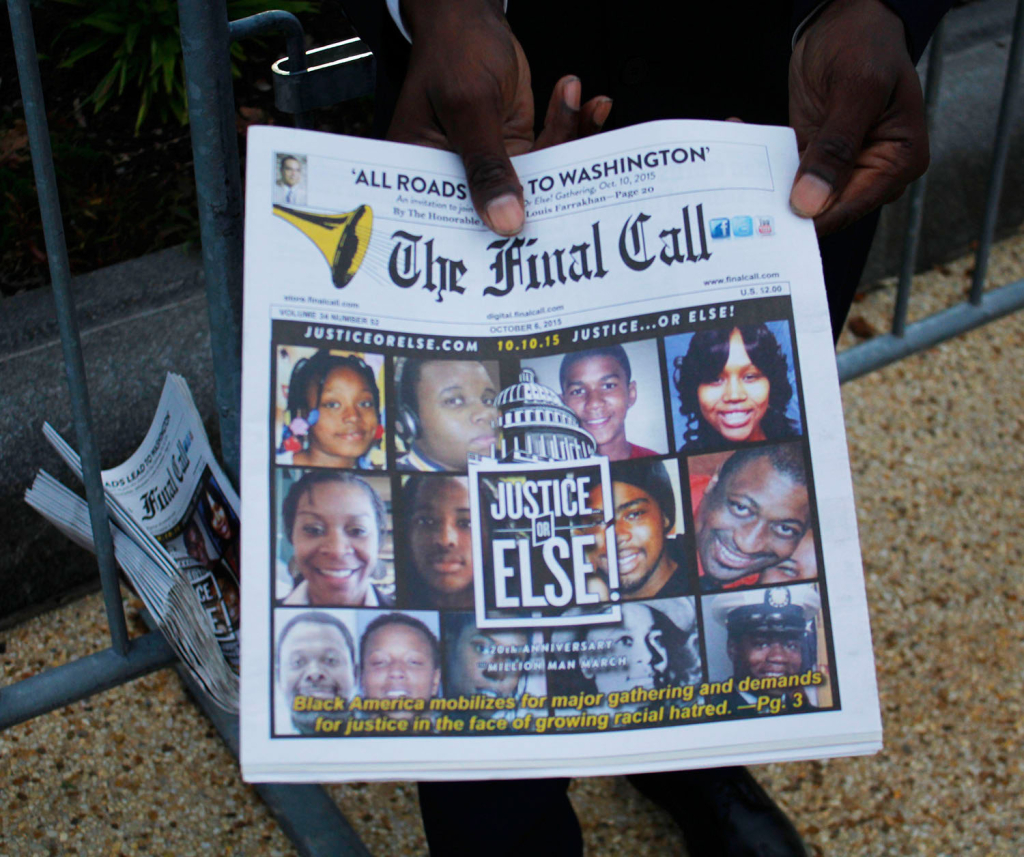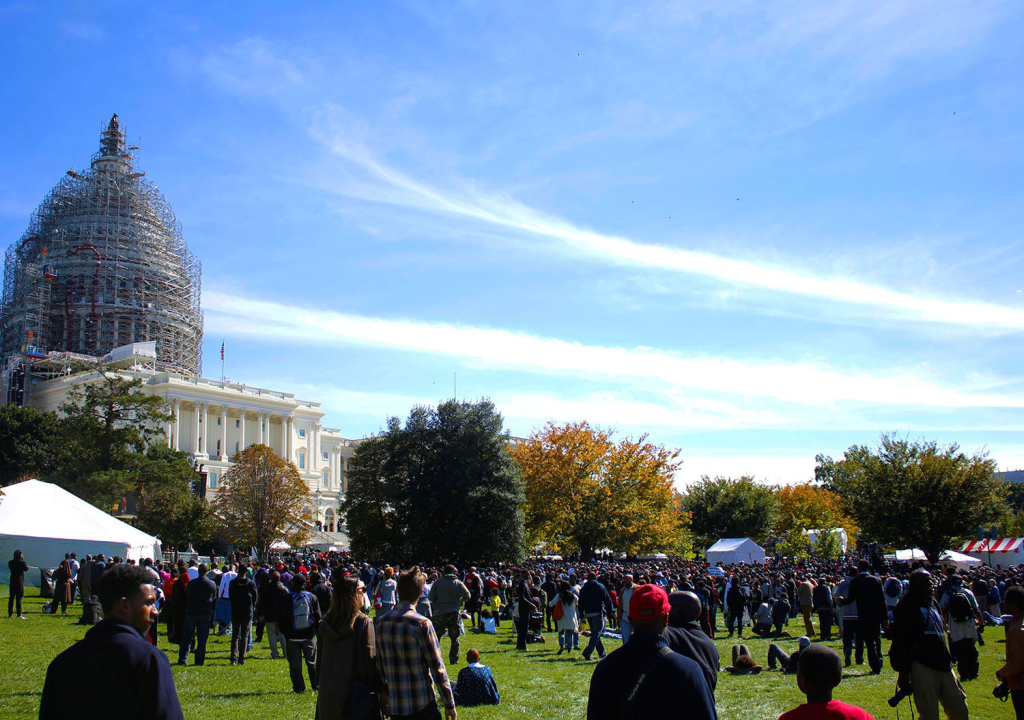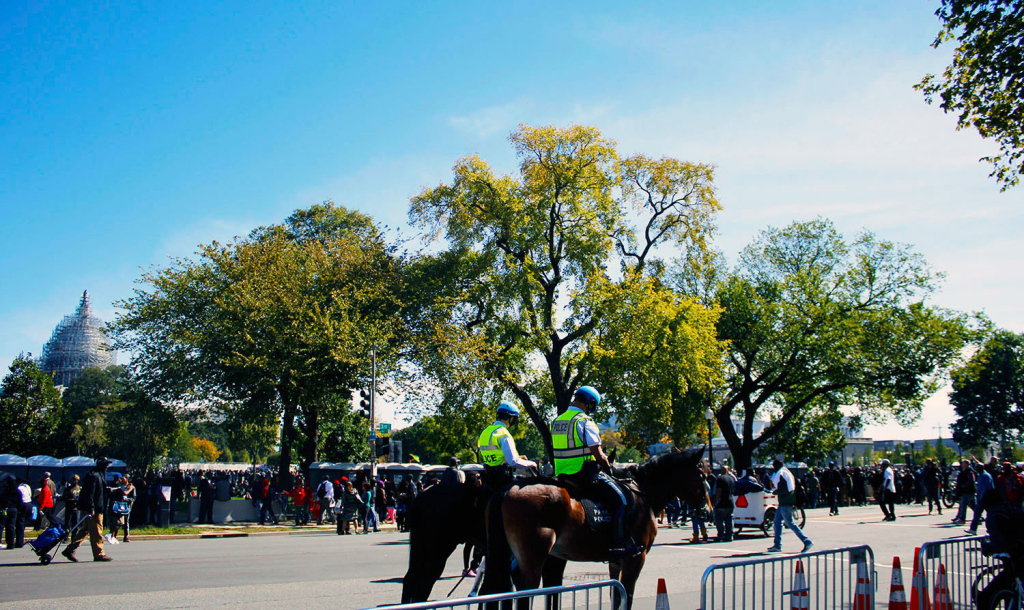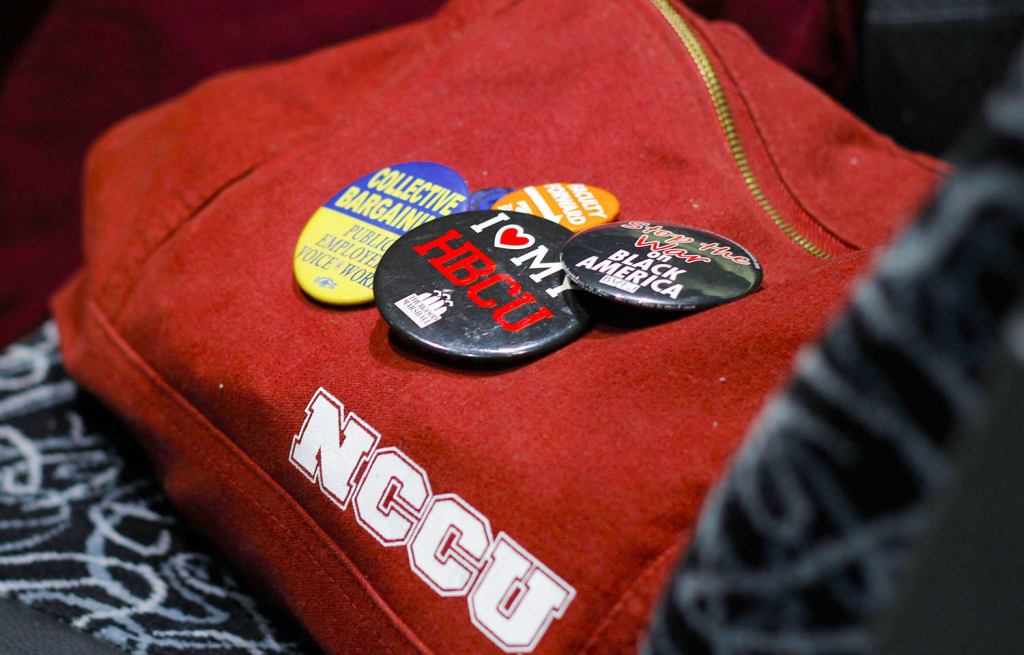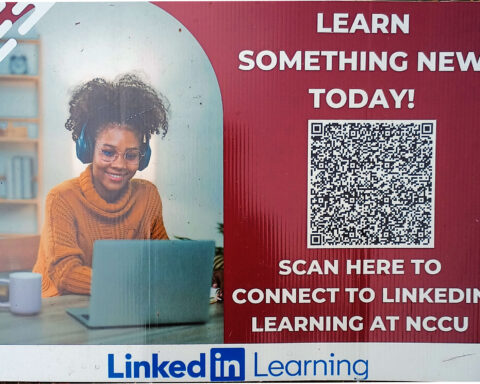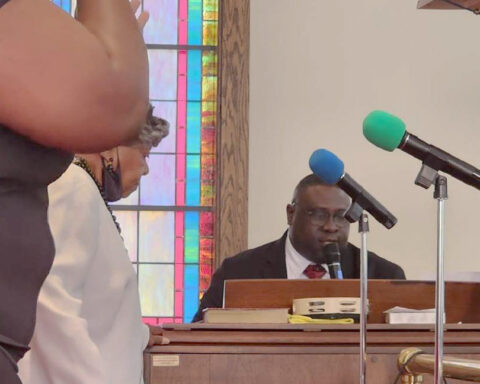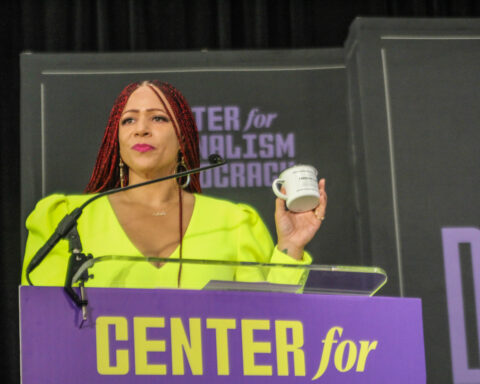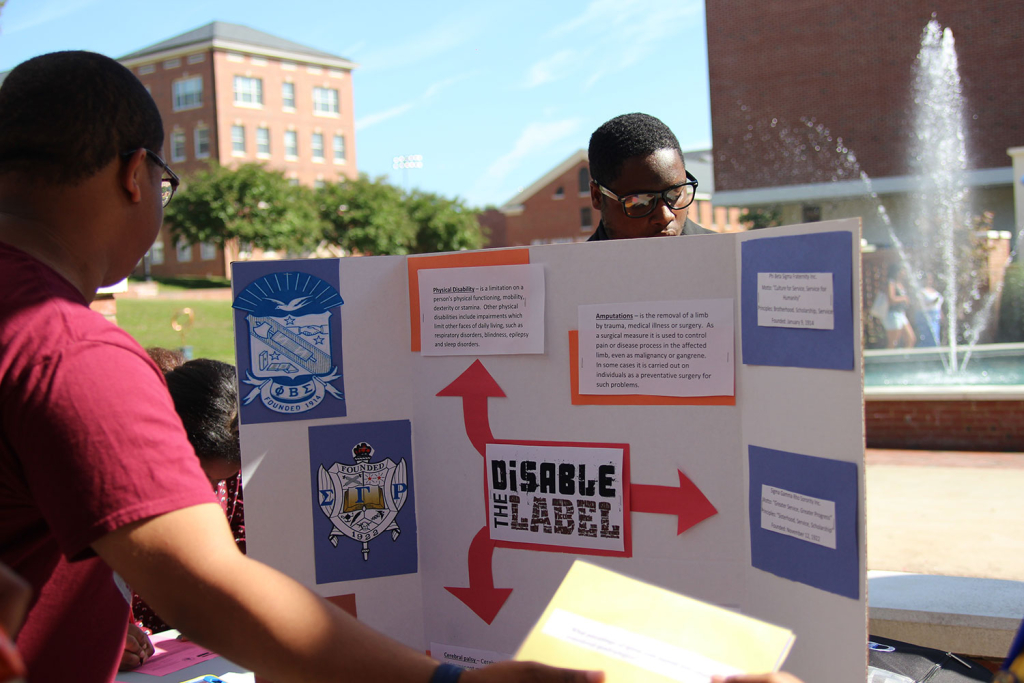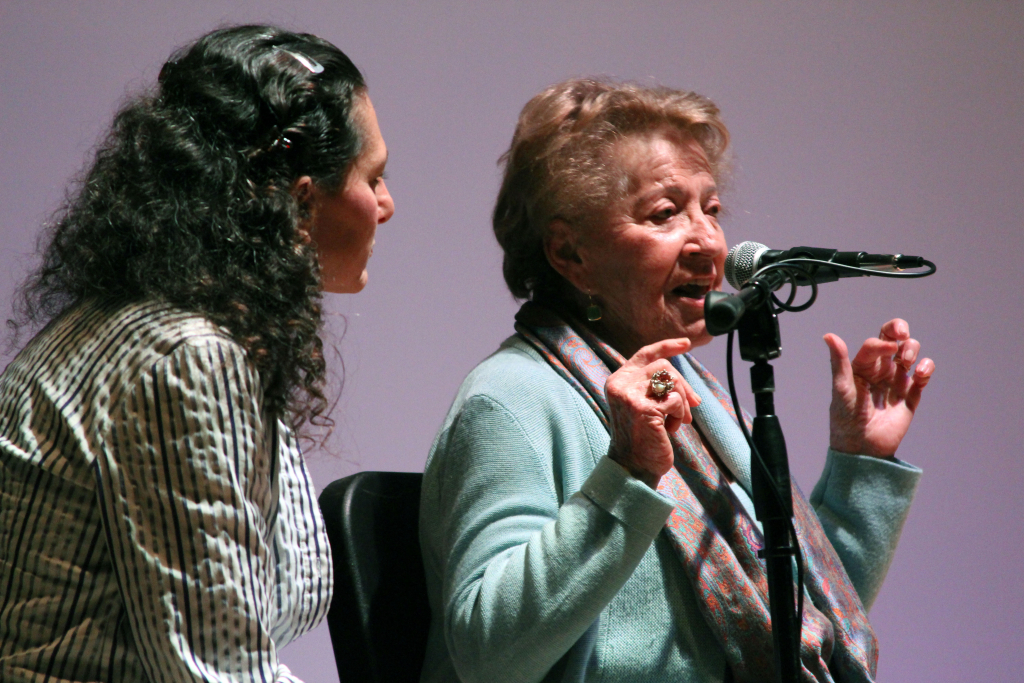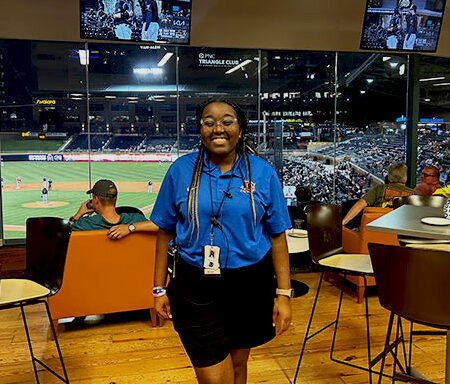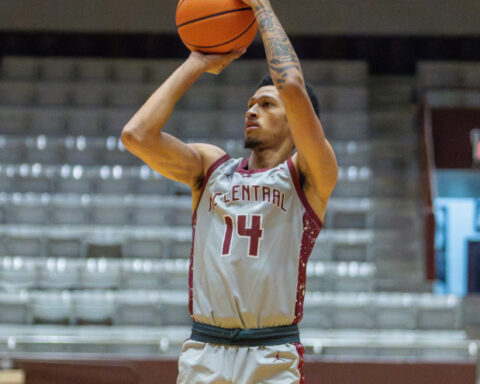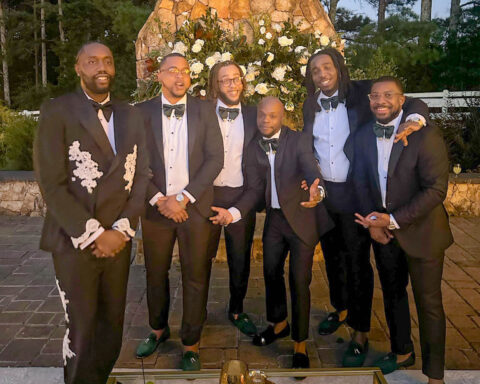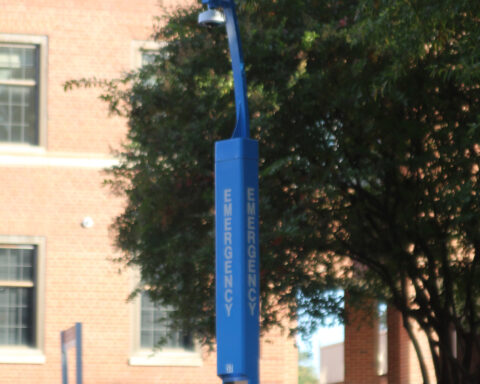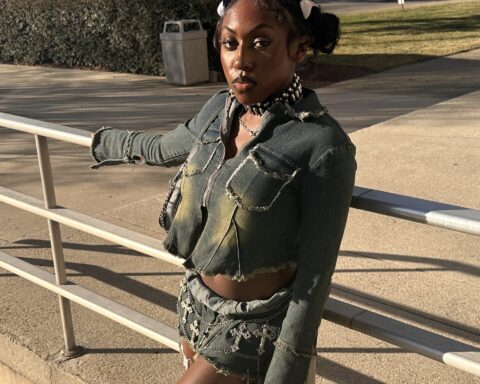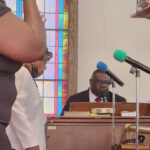On Saturday Oct. 10, tens of thousands converged on the National Mall in Washington, D.C. to commemorate the 20th Anniversary of the Million Man March. The event — dubbed Justice or Else! — was organized by the Nation of Islam in conjunction with the “Black Lives Matter” movement. About 40 N.C. Central University students and staff, for a $25 fee, took an almost six hour ride on NCCU’s “Eagle 1” bus to the historic march. They arrived with others from around the country to assert their demands.
“I don’t like to be afraid of things,” said NCCU mass communication junior LA Chesson at the march. Chesson said the chance to confront fear is what motivated him to join NCCU’s pilgrimage to the nation’s capital.
The march comes on the heels of a number of police involved killings of African-Americans, including Michael Brown, Tamir Rice, Eric Garner, Sandra Bland and others.
Chesson said that millennials in particular have to overcome their fear to “Fight for what’s right.” Shortly after arriving at the march in Washington, D.C., Chesson joined up with “Black Lives Matter” protest held by about 100 Howard University students.
Chesson said he wants to play a leadership role helping to overcome the fear that exists in the African-American community today.
“I want to be the one that starts it off,” said Chesson with resolve. “Just like if you go to a party. People are going to stand along the walls, until somebody brave enough hops up and starts dancing and then the others join. That’s how the party jumps off. I want to be the one that starts dancing,” added Chesson flashing a grin.
According to Chesson media presentations of the stand-offs between police and black citizens in the cases of Ferguson and Baltimore have finally focused attention on the reality of police brutality.
The march featured a number of speakers including, rapper, Mysonne Linen, who proposed an economic approach to confront police violence: “Justice or else: we’re going to withhold our wealth!” he said. This approach of an organized boycott has long been a part of the strategy of the Nation of Islam, and the Civil Rights movement especially, to advocate for justice in the United States.
Keynote speaker Louis Farrakhan also outlined this approach of using the purchasing power of the black community, suggesting that African-Americans use their economic power to withdraw support from the American economy at-large. While at the same time using the capital garnered from this boycott to support black entrepreneurship and build black business.
Farrakhan also stressed that the African-American community needs to live and work for a purpose greater than themselves: “Those whom the world honors, are those who live for others and in their death they’re never dead.”
These were themes Farrakhan first addressed in his speech at the 1995 Million Man March.
After hearing a few speakers, Chesson wondered aloud about details of the march slogan “Justice or Else!” “I’m curious to see what the ‘or else’ is.”

